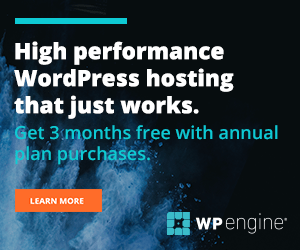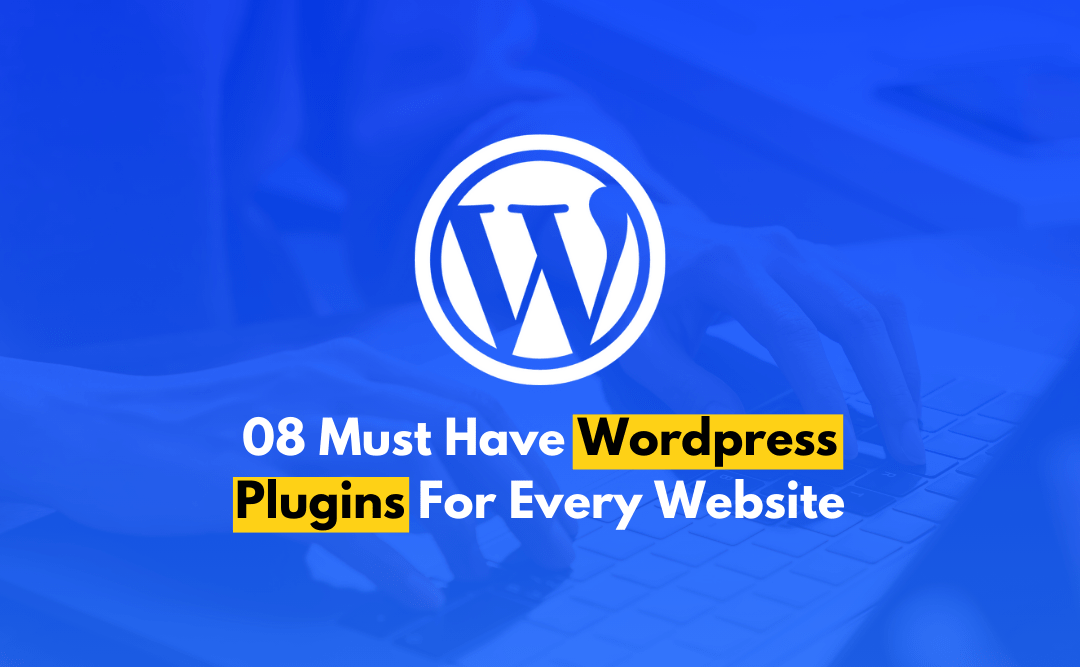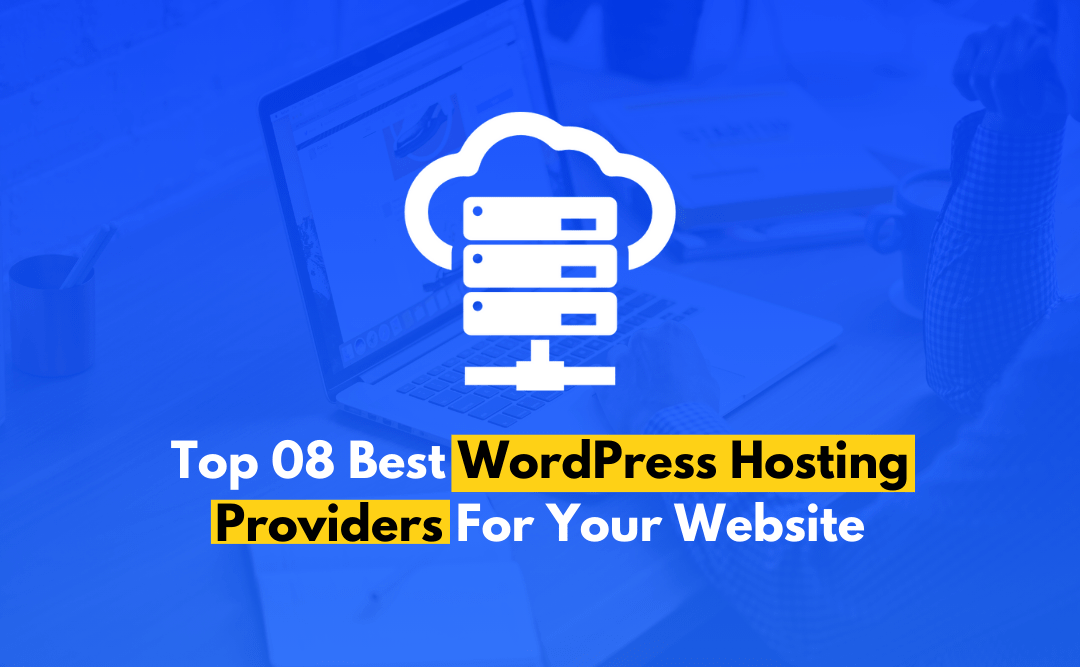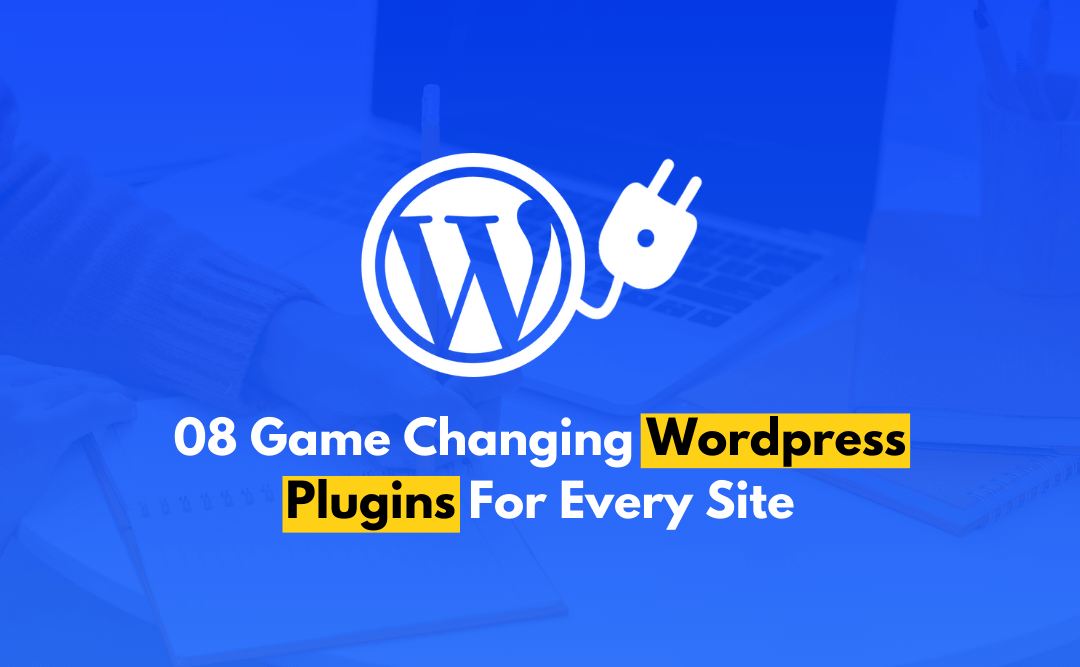Building a successful website starts with selecting the right Content Management System (CMS). With numerous platforms offering unique features, making the right choice can feel overwhelming. Since the CMS you choose affects your site’s functionality, customization, and growth, understanding the options is crucial.
In this guide, we’ll debate on WordPress vs other CMS—and compare all top platforms to provide you with a clear understanding of what works best for your needs.
Stay with us until the end of the article! We’re confident that after exploring this comprehensive guide, you’ll be equipped to choose the perfect CMS for your business. Once you’ve made your selection, reach out to CODFLUX to manage your website effortlessly.
What is WordPress?

Launched in 2003 as a blogging tool, WordPress has evolved into a full-featured CMS. It’s an open-source platform that allows you to create websites without coding limitations. With over 40% of all websites powered by WordPress, it’s popular for good reason.
Its user-friendly interface makes managing and updating your website simple. With over 60,000 plugins available, you can add functionality ranging from SEO tools to e-commerce solutions. WordPress also boasts a vast library of themes, making it easy to customize the appearance of your site.
Overview of Other Popular CMS Platforms
Joomla

Introduced in 2005, Joomla is a flexible CMS known for its security and versatility. It’s better suited for users with technical expertise, as it’s more complex to navigate than WordPress.
Drupal

Drupal offers powerful customization and scalability, ideal for large and complex websites. With its robust content taxonomy and advanced user permissions, Drupal is often chosen for high-traffic, enterprise-level sites.
Squarespace

Squarespace is a sleek, proprietary platform known for its design templates and ease of use. It’s a great choice for visually appealing websites, particularly for small businesses and creatives.
Wix

Wix offers drag-and-drop simplicity, making it easy for beginners to build websites. While it’s user-friendly, it has fewer customization options compared to WordPress.
Magento (for e-commerce)

Magento is designed for e-commerce and offers advanced tools for large online stores. With robust product management and support for multiple currencies, it’s a top choice for large-scale retailers.
WordPress vs Other CMS Platforms: Feature Comparison
Ease of Use
Among WordPress vs other CMS platforms, WordPress is known for its intuitive interface, making it accessible even for beginners. Joomla and Drupal, while powerful, require more technical expertise. Squarespace and Wix excel in simplicity with their drag-and-drop builders but offer less flexibility.
Customization & Flexibility
WordPress shines with its extensive plugin and theme ecosystem, providing users with vast customization options. Joomla and Drupal offer even deeper customization, though they are more complex. Squarespace and Wix, as proprietary platforms, are more limited in this area.
SEO Capabilities
WordPress, especially with plugins like Yoast SEO, is highly regarded for SEO optimization. Drupal is also known for strong SEO capabilities, while Joomla offers solid tools. Wix and Squarespace provide basic SEO tools but lack the flexibility of open-source platforms.
Security
WordPress, due to its popularity and reliance on third-party plugins, can face security vulnerabilities. However, with proper security measures, these risks can be managed. Joomla and Drupal are considered more secure, especially for larger sites. Proprietary platforms like Wix and Squarespace offer built-in security features.
Performance & Scalability
WordPress can handle large-scale traffic with the right hosting and optimization. However, Drupal is often the go-to choice for enterprise-level scalability. Wix and Squarespace have limitations in terms of performance-heavy applications.
E-commerce Capabilities
WordPress integrates WooCommerce, a popular plugin for e-commerce. Magento, designed specifically for online stores, offers superior tools for large-scale e-commerce businesses. Squarespace and Wix also offer e-commerce functionality but are best suited for smaller stores.
WordPress vs other CMS: Cost Comparison
- WordPress: The core software is free, but costs arise from hosting, premium themes, and plugins.
- Joomla & Drupal: Both are free to use but may involve higher development costs.
- Squarespace & Wix: These platforms operate on subscription models.
- Magento: Free for the open-source version, but enterprise solutions can be costly.
WordPress vs other CMS: Which One IS Right For You?
When selecting a CMS, consider your website’s goals, your technical expertise, and the need for customization. WordPress is a versatile choice, making it ideal for most users, from bloggers to small business owners. If you need more technical customization or are working on an enterprise project, Joomla or Drupal might be a better fit. For those seeking simplicity, platforms like Squarespace and Wix are great choices, while Magento is perfect for large e-commerce sites.
At CODFLUX, we specialize in helping clients navigate the CMS to find the best fit for their specific needs. Whether you’re looking to build a simple blog or an enterprise-level site, our team can guide you through the process.
Conclusion
WordPress vs other CMS, no CMS is one-size-fits-all. While WordPress stands out as a versatile, flexible option, each platform has its strengths depending on your needs. By identifying your website goals, you can find the platform that works best for you.
If you’re looking for professional advice or hands-on help in building your site, CODFLUX is here to assist you every step of the way.
Frequently Asked Questions
Why is WordPress the most popular CMS compared to other platforms?
WordPress is widely popular due to its user-friendly interface, flexibility, and vast plugin ecosystem.
Which CMS is best for e-commerce websites?
While WordPress offers powerful e-commerce plugins like WooCommerce, Magento is often considered the best CMS for large-scale online stores due to its scalability and advanced e-commerce features.
Which CMS is the easiest to use for beginners?
WordPress offers ease of use, making it a great choice for those looking for more customization without diving into technical complexities.
Can I switch from one CMS to another?
Yes, switching CMS platforms is possible but it requires exporting content, redesigning your site, and ensuring compatibility with new features.





